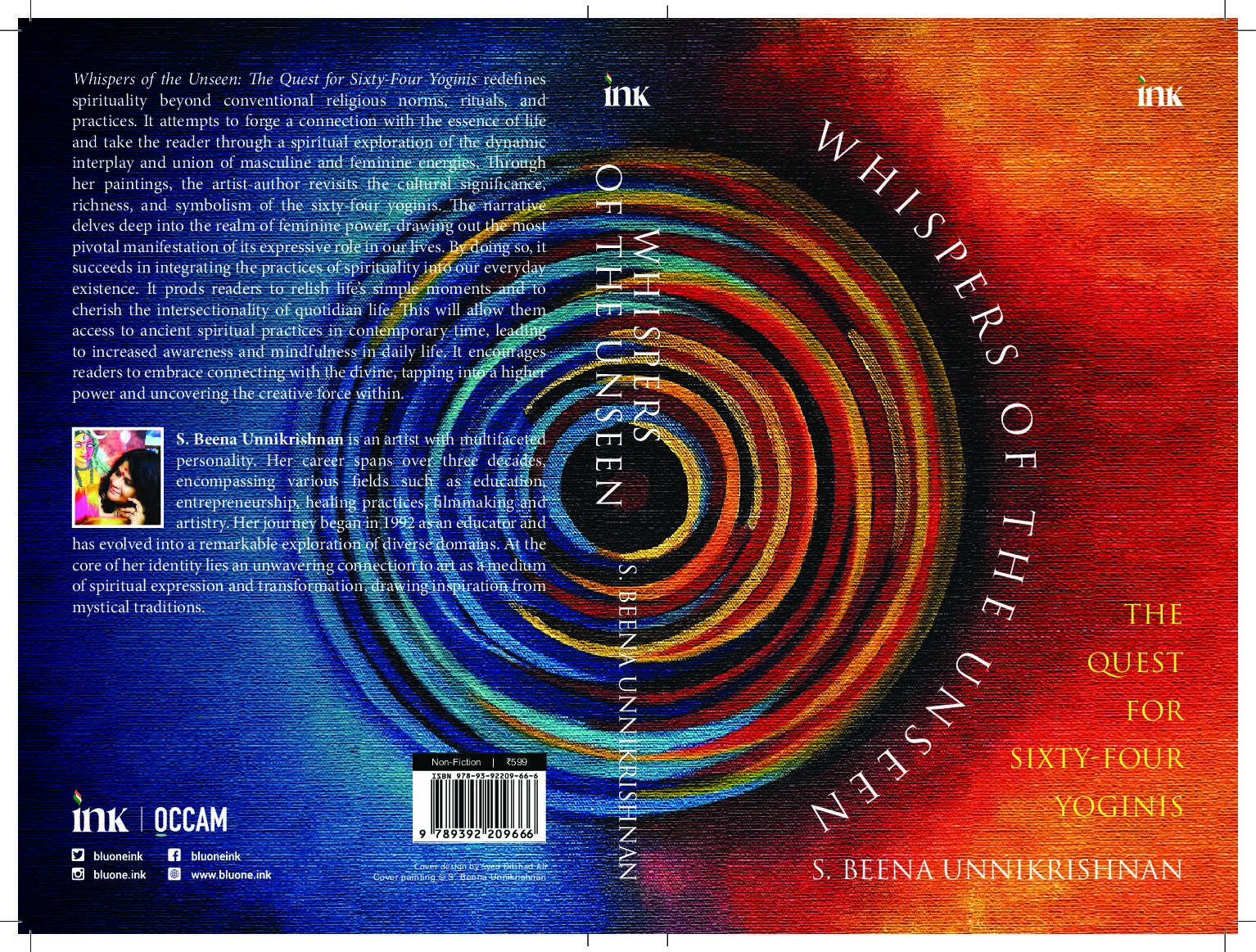How Gandhi saved India from 20th century
Subhas Chandra Bose was fascinated with collectivist ideologies of fascism and socialism. Gandhi saved India by marginalizing Bose
Ravi Shanker Kapoor | January 30, 2022 12:02 am

Mahatma Gandhi
Much has been written about Mahatma Gandhi’s contributions to the nation, but a—if not the—most important one has been overlooked: he saved us from the twentieth century, the most violent in the history of humankind. To be precise, his presence ensured that India escaped the worst effects of such dangerous, collectivist ideologies as fascism, communism, and socialism.
Anywhere between 35 million to 60 million people died in the Second World War. The Nazis exterminated 17 million people in death camps. Around 100 million perished in socialist and communist countries. The arguments like ‘but India is different’ and ‘India is an ancient civilization’ cut no ice. For China is also of equal antiquity; and yet under Mao 30-70 million died there because he imposed communism with unprecedented ruthlessness.
Similar impulses and passions pervaded India in the 1930s and 1940s. It is against this backdrop the rise of Subhas Chandra Bose (1897-1945) should be scrutinized. He has always been glorified in India; and the glorification has reached its zenith with his proposed statue at the India Gate.
In Bose, however, nationalism went berserk, almost becoming fascism and Nazism. His nationalism made him turn his back on the core Enlightenment ideal of individual liberty in India. In his inaugural speech as mayor of Calcutta in 1930, he spoke about “a synthesis” of “socialism and fascism. We have here the justice, the equality, the love, which is the basis of socialism, and combined with that we have the efficiency and the discipline of fascism as it stands in Europe today.”
It was not a young man’s fascination for the two violent collectivist ideologies; it was a typical twentieth century Big Brother’s preamble for a Gulag that, luckily, never came into being. He worked hard for the great “synthesis.” In 1944, addressing students at Tokyo University, he favored a political system “of an authoritarian character… To repeat once again, our philosophy should be a synthesis between National Socialism and communism.”
Bose could never get rid of his admiration for the meretricious attainments of fascist Italy, Nazi Germany, and the Soviet Union; he was mesmerized by the apparent order, discipline, unity, and efficiency in totalitarian nations. He was also inspired by the personality cults that grew around the dictators like Mussolini, Hitler, and Stalin. When Bose organized the Indian National Army, he even got the chance to imitate his heroes—replete with military uniform, peak cap, knee-length boots, et al. Even before donning the mantle of national liberator, and still part of the staid Congress, he showed great predilection for pomp and personal glory.
At the fifty-first session of the Congress party at Haripura in 1938, where he had been elected party president, Bose’s entry was spectacular. He was escorted by fifty-one girls in saffron saris; his chariot was pulled by fifty-one white bullocks; the two-hour procession passed through fifty-one specially-constructed gates; there were fifty-one brass bands.
Bose was an ardent patriot, a man who strove hard for his the liberation of his country. However, his patriotism degenerated into blind nationalism, thus making him an enemy of individual liberty. In 1935, he wrote: “One is inclined to hold that the next phase in world-history will produce a synthesis between communism and fascism. And will it be a surprise if that synthesis is produced in India?”
He went on to add: “In spite of the antithesis between communism and fascism, there are certain traits in common. Both communism and fascism believe in the supremacy of the State over the individual. Both denounce parliamentary democracy. Both believe in party rule. Both believe in the dictatorship of the party and in the ruthless suppression of all dissenting minorities. Both believe in a planned industrial reorganization of the country. These common traits will form the basis of the new synthesis.”
The purpose of describing Bose and his thoughts is to demonstrate how the fever of nationalism had gripped India in the decades preceding Independence. Here was a fervent idealist who got seduced by the most anti-Enlightenment ideologies—communism and fascism. He was all for collectivism.
Unsurprisingly, as we mentioned earlier, Bose had little regard for the individual. Notice how cavalierly he talks about “the supremacy of the State over the individual”; also how nonchalantly he discusses the need for the synthesis of the two modern evils. And yet he became the leader of the Congress Party. In fact, in 1939, he won the election for party president against Mahatma Gandhi’s preferred candidate, Pattabhi Sitaramayya. Such was the sway that this mélange of Hitler, Stalin, and Mussolini had on the people of India.
It was at this time that Gandhi adopted means that were Machiavellian rather than… Gandhian. The consequences, however, were good: Bose, who embodied many pathologies of the 20th century, became redundant in the Congress. This is how Gandhi saved India from the horrors of collectivism which Bose represented.






























